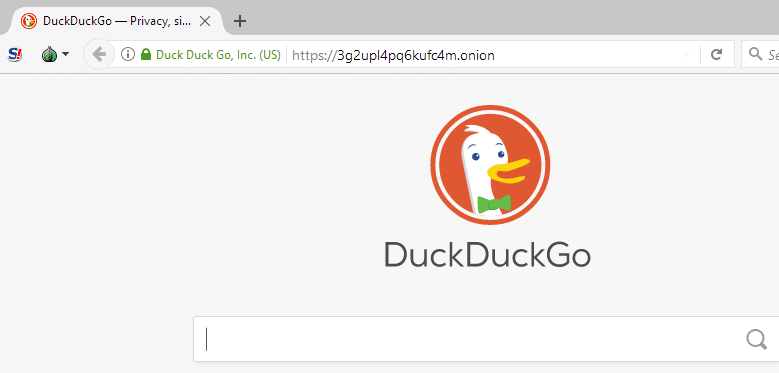
No computer in the network knows the entire path. Each of those computers only knows which computer gave it data and which it gives data to. The connection between your computer and the website passes through three random computers in the Tor network. When you use Tor to visit a website, things get more complicated.

Information Shared with Websites – Source: That information can be used for tracking what you do online and possibly identifying you. It can see your computer’s IP address, the operating system you are using, the web browser you are using, and more.

The problem with this is that when you do it this way, the website can see all sorts of information about you. VPN article will explain more about their differences.Īll NordVPN apps (minus Linux) even have the Dark Web Monitor feature, which will notify users if they’re personal information is uploaded to the dark web.When you visit a website normally (without using Tor), your computer makes a direct connection to the computer where the website is located. NordVPN encrypts all your internet traffic, while Tor is designed specifically for anonymous browsing. With one NordVPN account, you can protect up to six different devices: laptop, routers, smartphones, tablets, and others. In the meantime, NordVPN enhances your privacy, so it's a much safer option.Ī VPN is also faster than Tor and is much more suitable for daily use. In theory, a hacker or government could be running multiple Tor nodes and spying on users. NordVPN allows you to choose from more than 5,500 servers in 59 countries, hopping between them with one click. When you connect to a VPN, your traffic is redirected through one of the servers of the VPN provider. While Tor and a VPN are both designed to protect users’ privacy, they also have key differences. What’s the difference between Tor and a VPN?


 0 kommentar(er)
0 kommentar(er)
